-
- 06 May 2025, Juan de Lara
- Parthenon Ancient Greece Acropolis Athens Archaeology 3D CGI Reconstruction Athena Temple Greek
-
- 14 April 2025, Ory Amitay and Beatrice Pestarino
- Once upon a time in Paphos, so tells Plutarch (Mor. 340d), Alexander the Great decided that the reigning king was unjust and wicked, and removed him from...
-
- 09 April 2025, Greta Hawes
- Last year, the editors of Classical Review announced that we would begin reviewing digital projects. This move recognises both the importance of digital resources...
-
- 07 May 2025, Moritz Föllmer
- How can individual freedom be historicised in the context of twentieth-century Europe? When setting out to answer this question I found myself grappling with
The post Negative Freedoms in Twentieth-Century Europe first appeared on Fifteen Eighty Four | Cambridge University Press....
-
- 02 May 2025, Robin Derricourt
- We are well aware how dramatically and rapidly a single innovation can change our lives. The smartphone has rapidly altered communication, access to information,
The post What innovations changed the human world for ever? first appeared on Fifteen Eighty Four | Cambridge University Press....
-
- 23 April 2025, Maddalena Alvi
- ‘What about looting? Was there looting during the First World War?’ – I smile at the question from the young man who eagerly awaits confirmation of his supposition.
The post A book about the European Art Market and the First World War first appeared on Fifteen Eighty Four | Cambridge University Press....
Color Us Greek
While it’s too much to imagine that those endlessly fascinating Greek ancestors of ours were color-blind, they most certainly were keen on marking difference, linguistically and geographically. But what about “racially?” What was “blackness” to a citizen of Ancient Greece, and what did the blackness of Sub-Saharan Africans, in fact, signify? And what in the world did an “Ethiopian” such as Memnon, whose people were favored by the gods, appear to be physically in the Greek imagination? Speculation about such complex matters has never elicited more energetic speculation and wishful thinking from scholars, journalists, and filmmakers than today, who inevitably read Greek attitudes toward physical differences through the lens of black-white race relations in the West today. Which is why Sarah Derbew’s Untangling Blackness in Greek Antiquity is a most welcome corrective to the school of Afrocentricity that would paint even Greek-descended Cleopatra black. Bringing deep learning and calm, convincing reasoning to a politically-loaded subject is always difficult. But Professor Derbew accomplishes this task with eloquence, grace, and hard-hitting analytical skills that make this book must reading for all of us who long to know how racial differences manifested themselves in the sublime culture from which we all descend.
Henry Louis Gates, Jr.
Harvard University

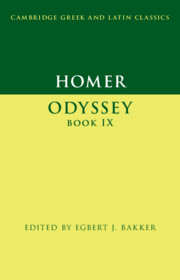

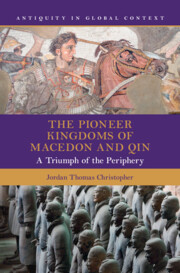

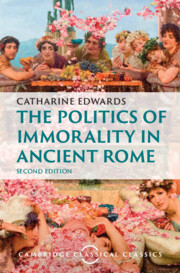
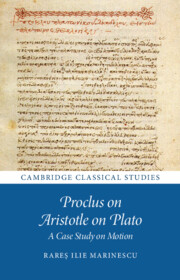

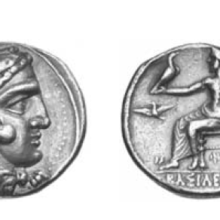

Twitter
Cambridge on Facebook